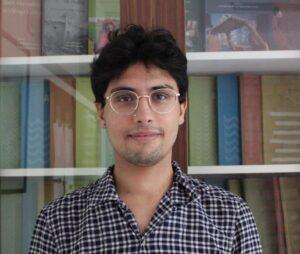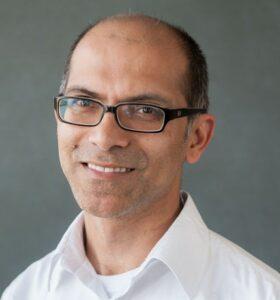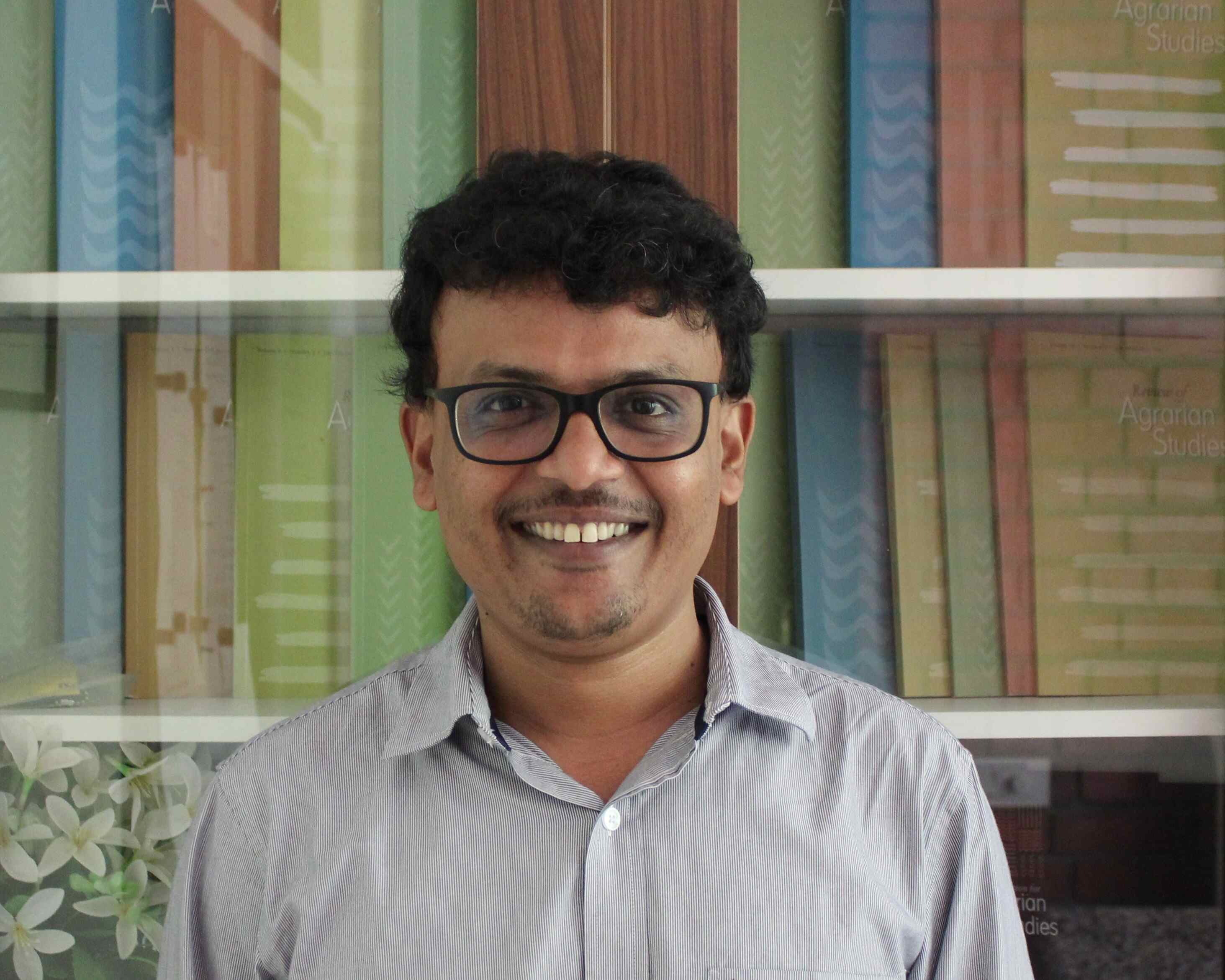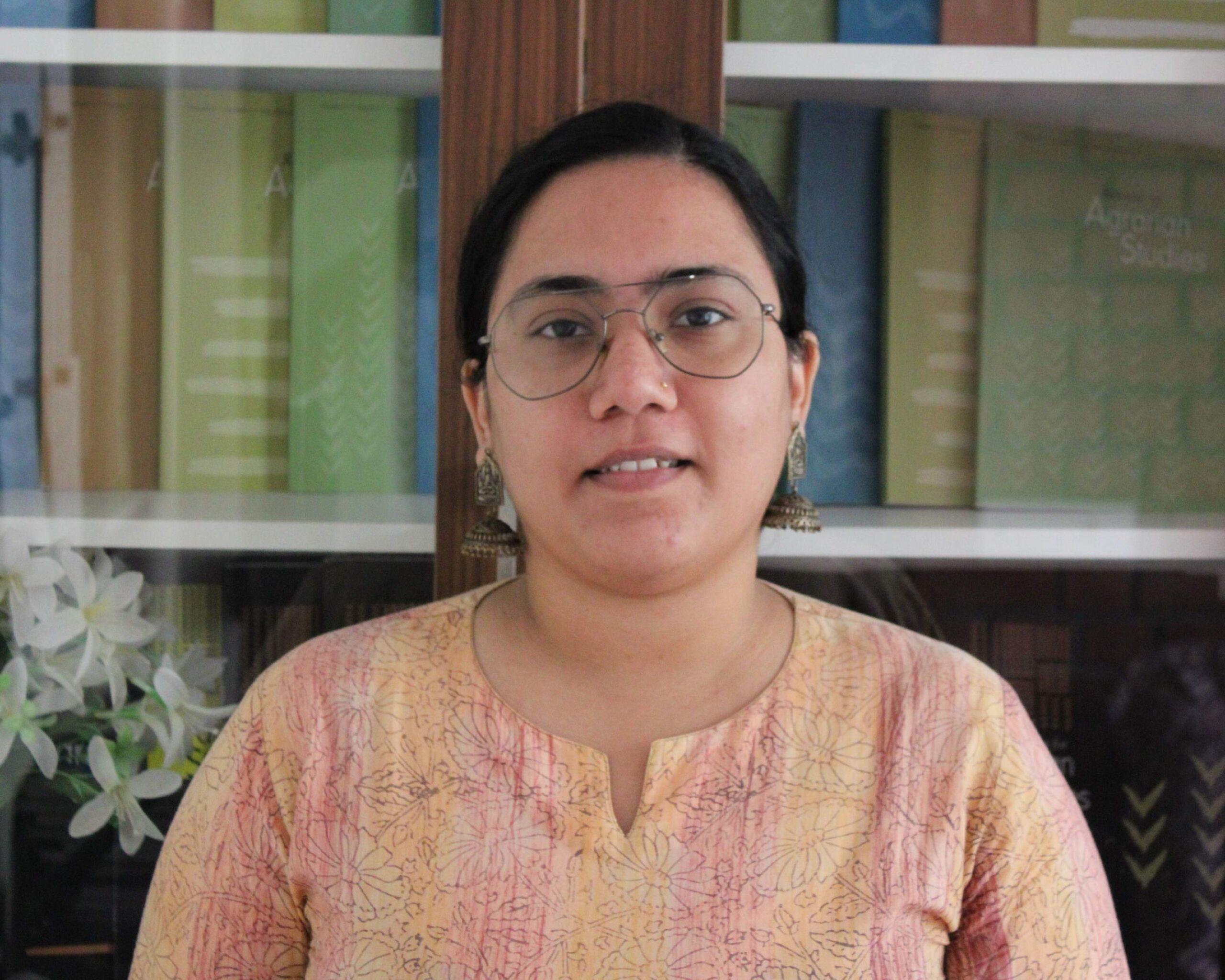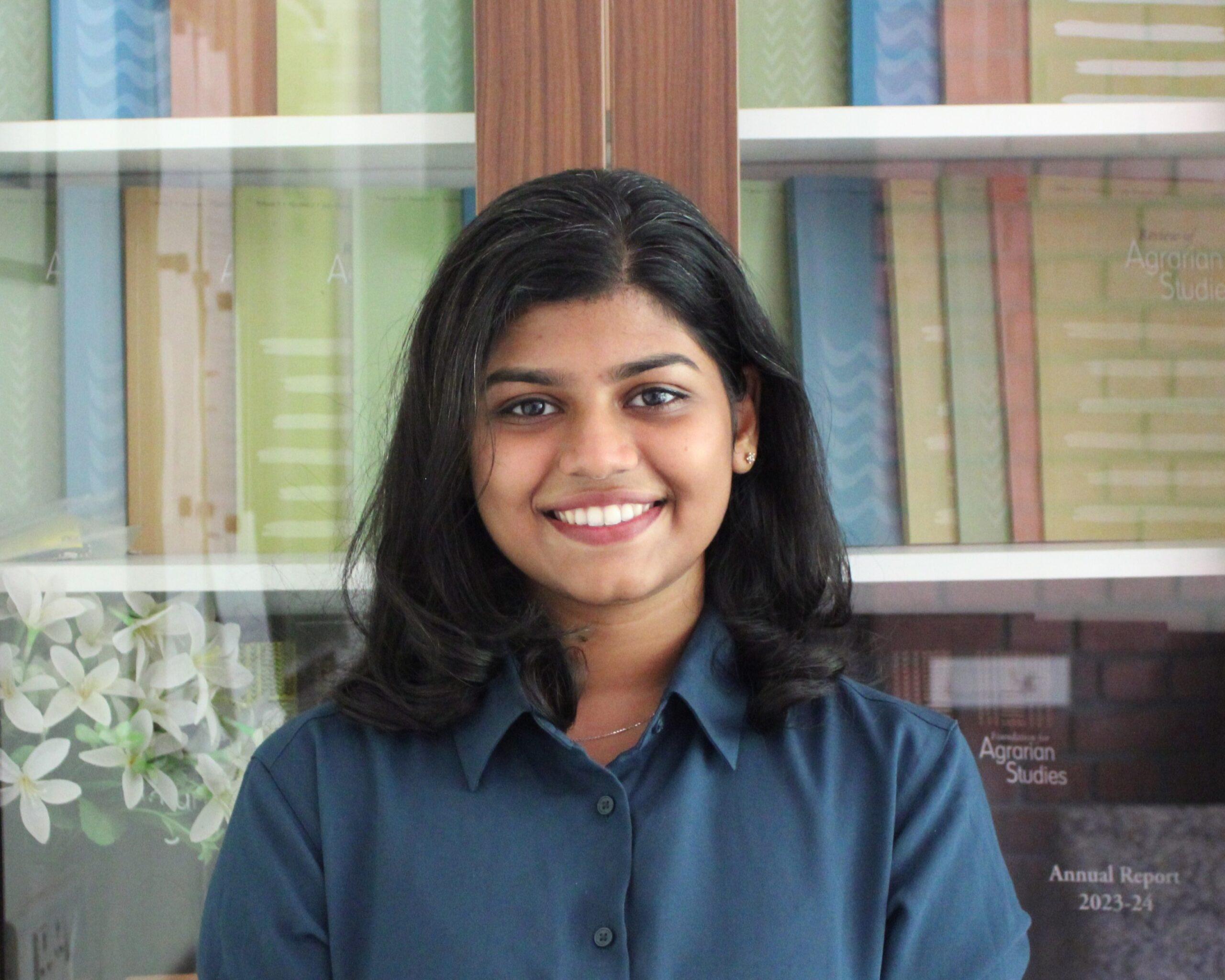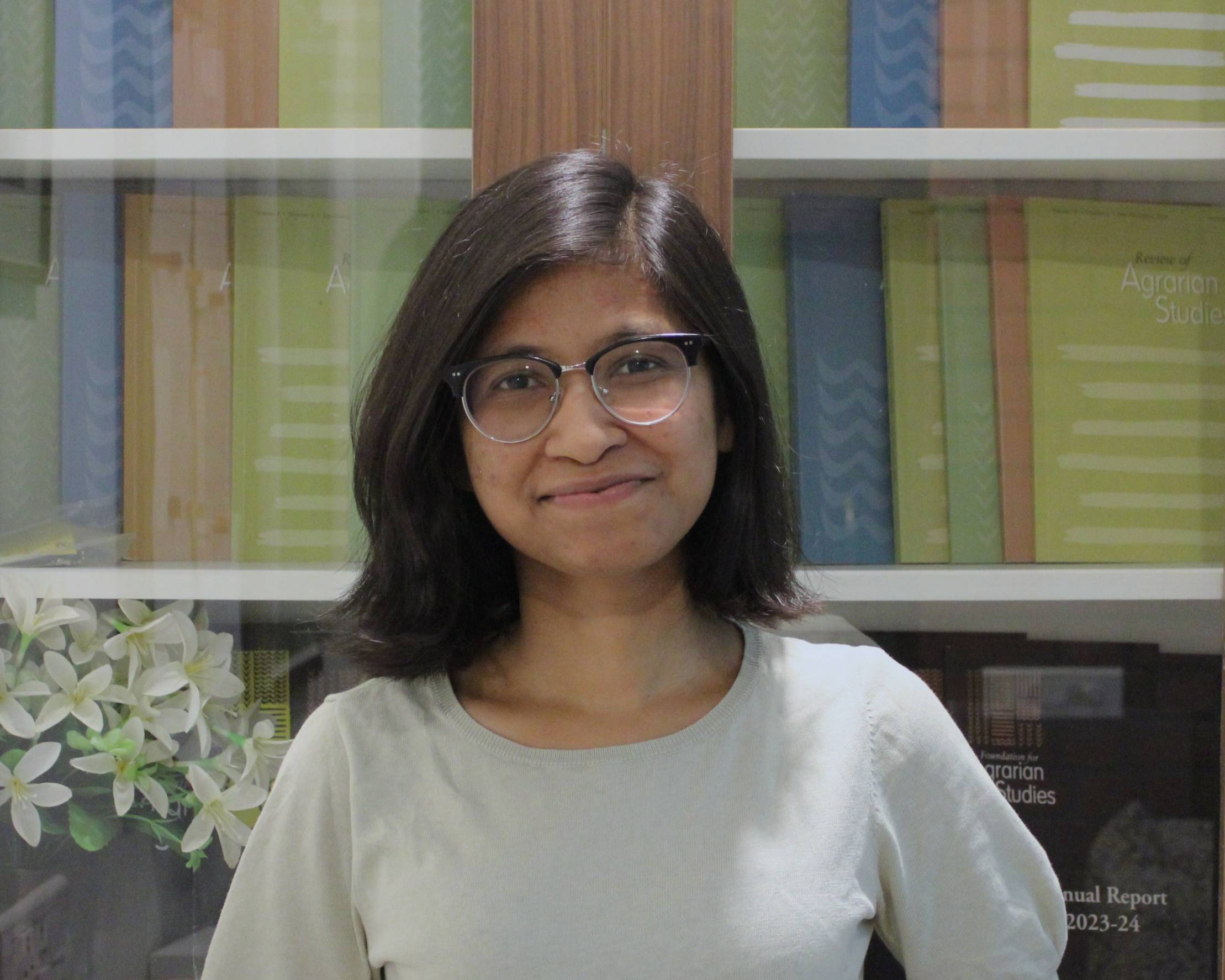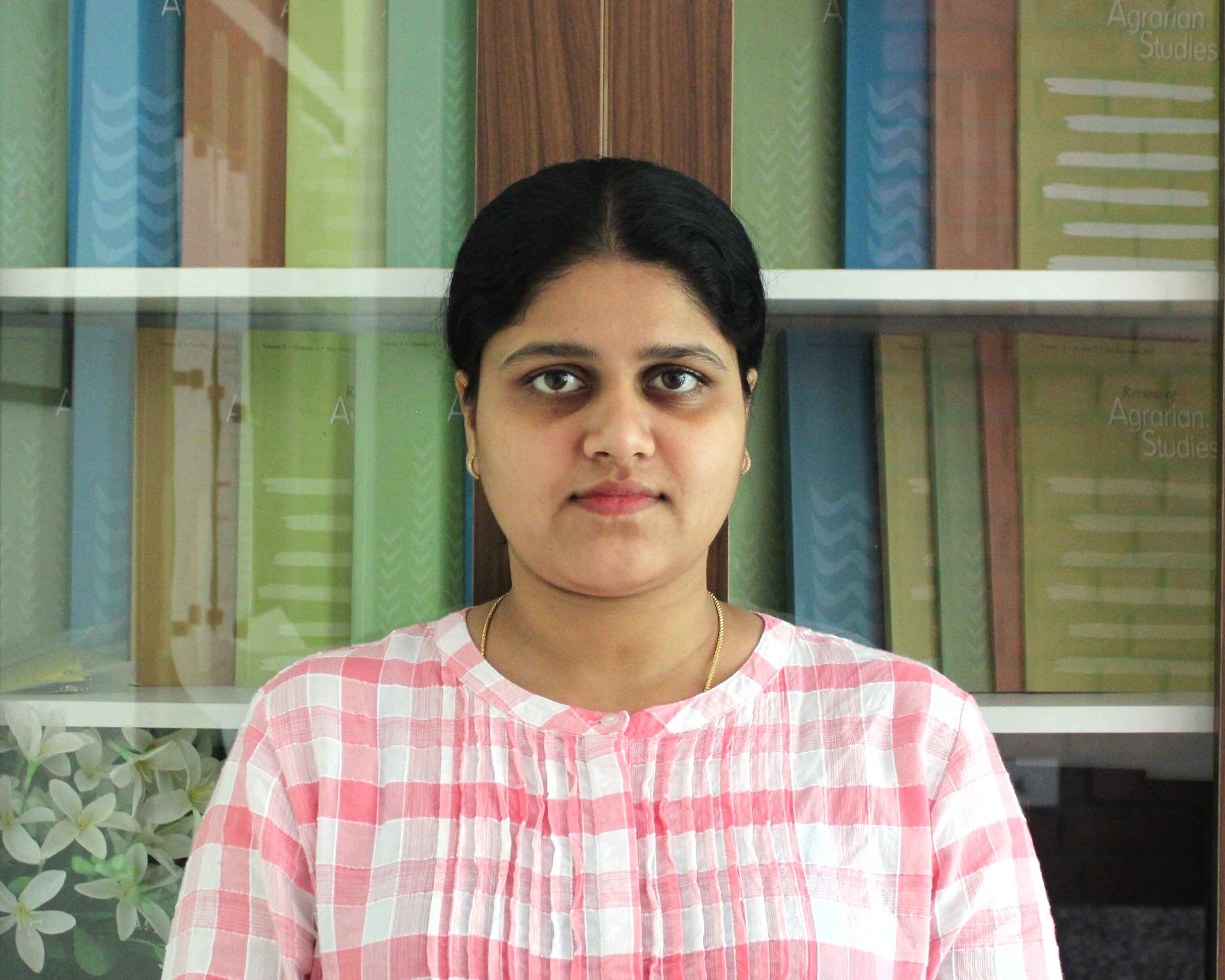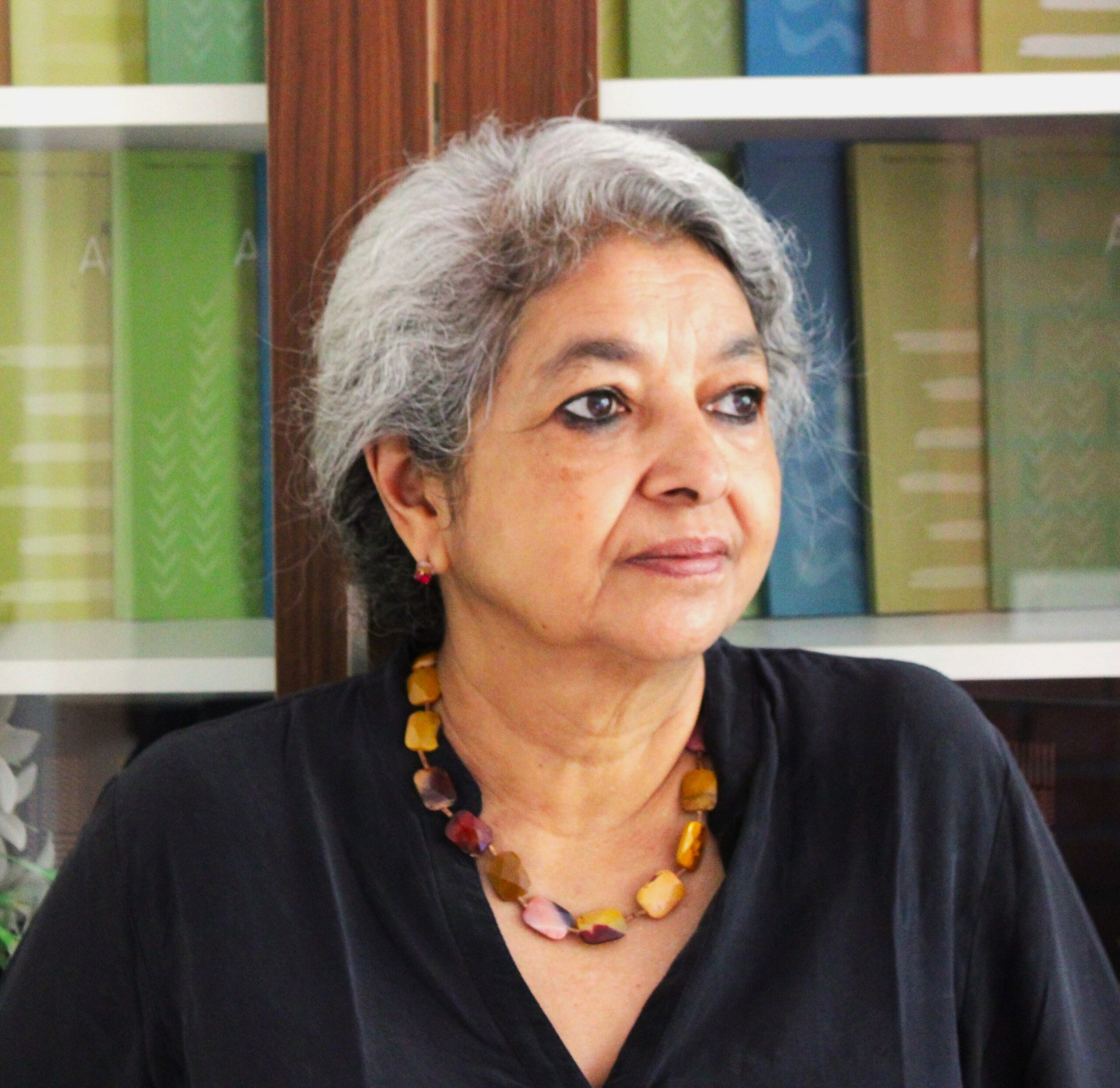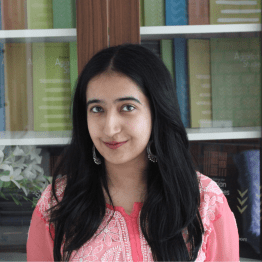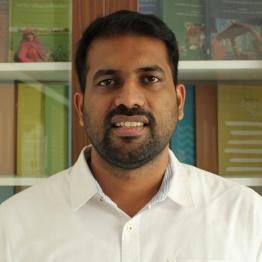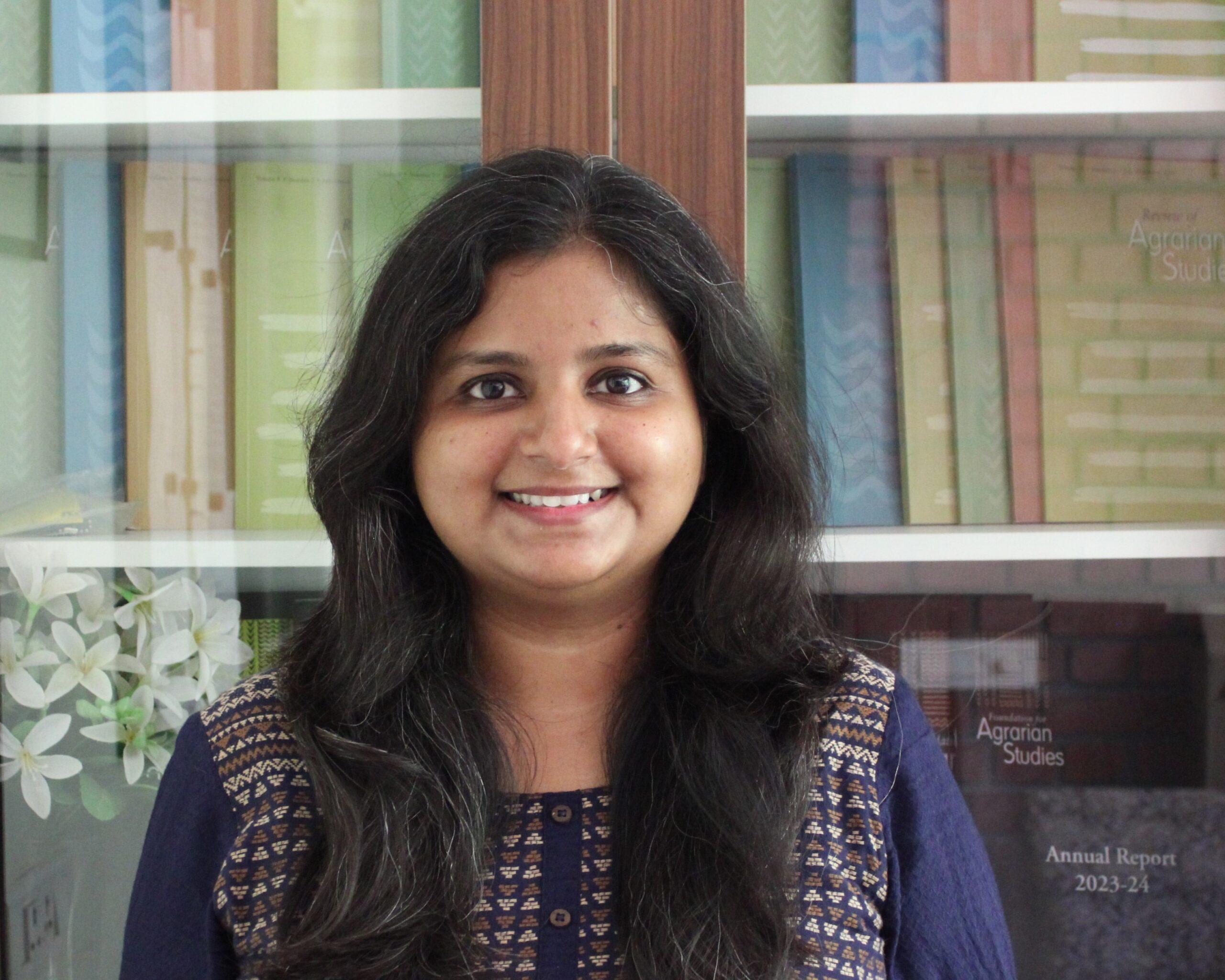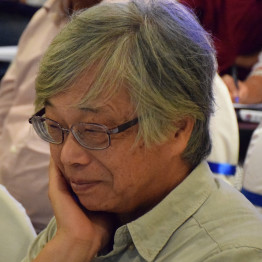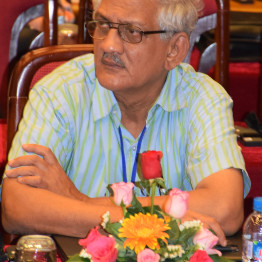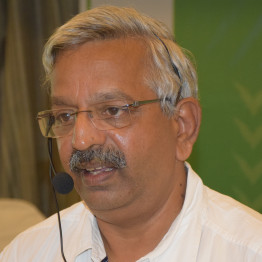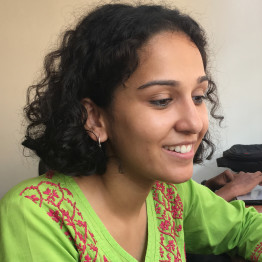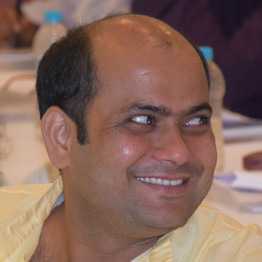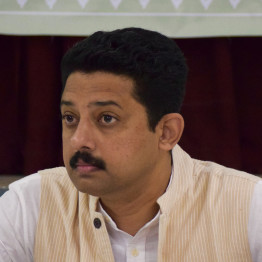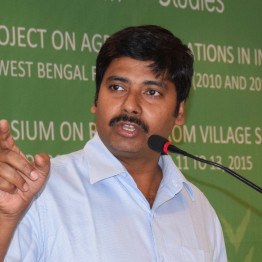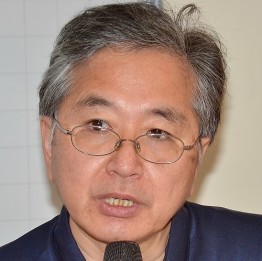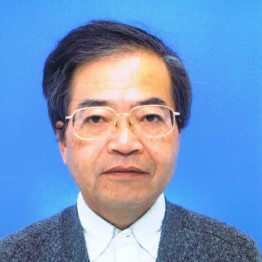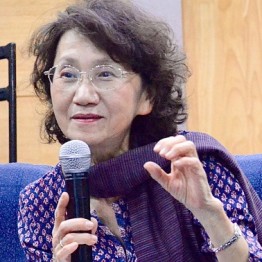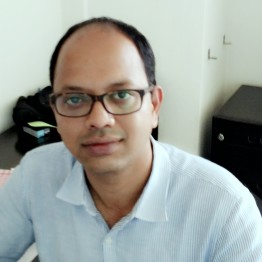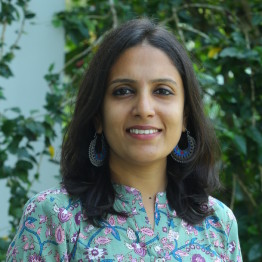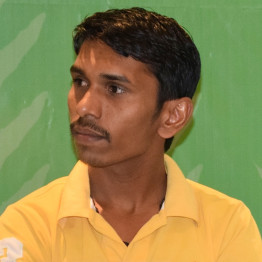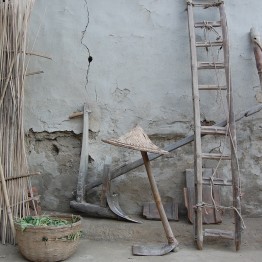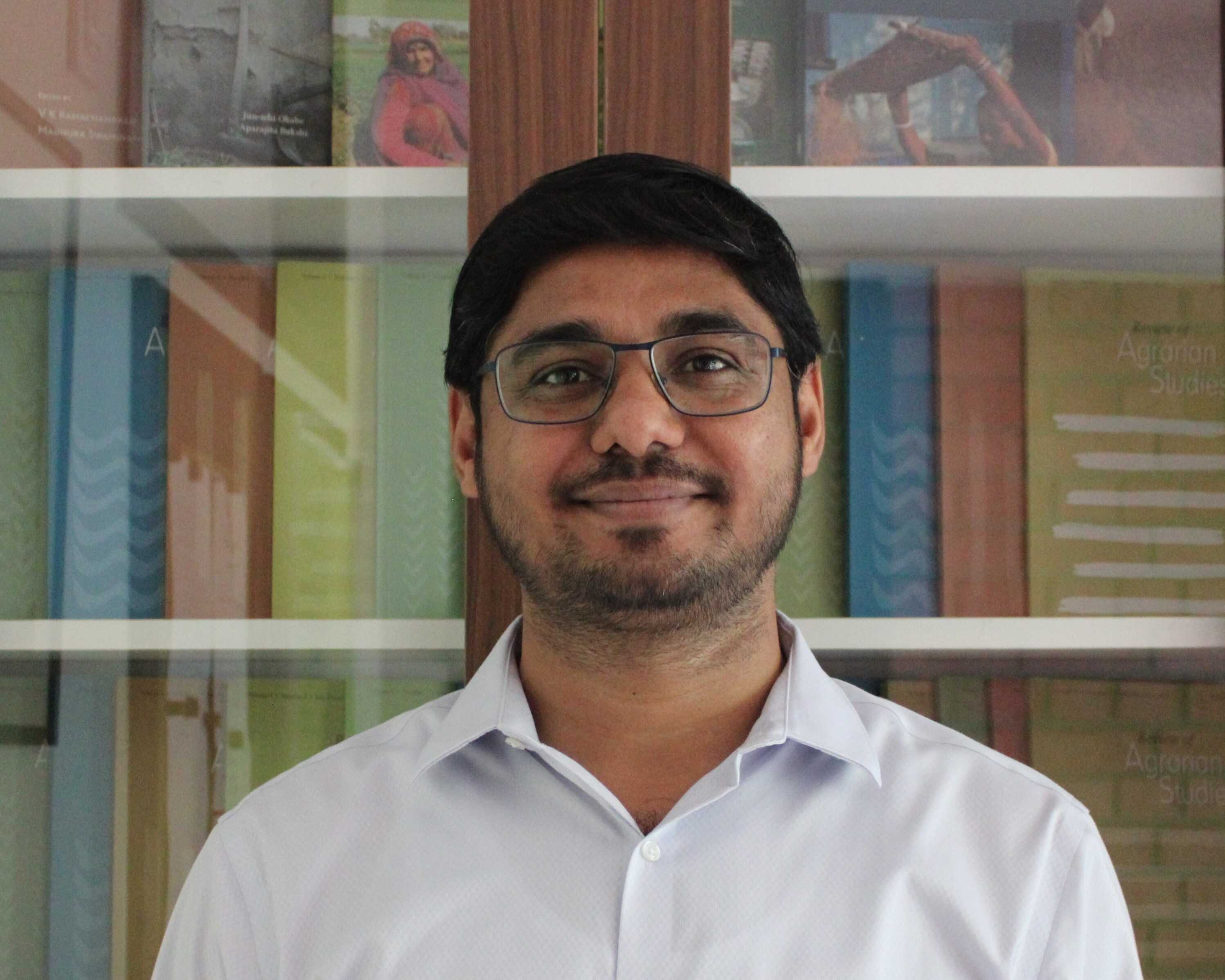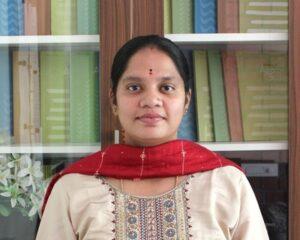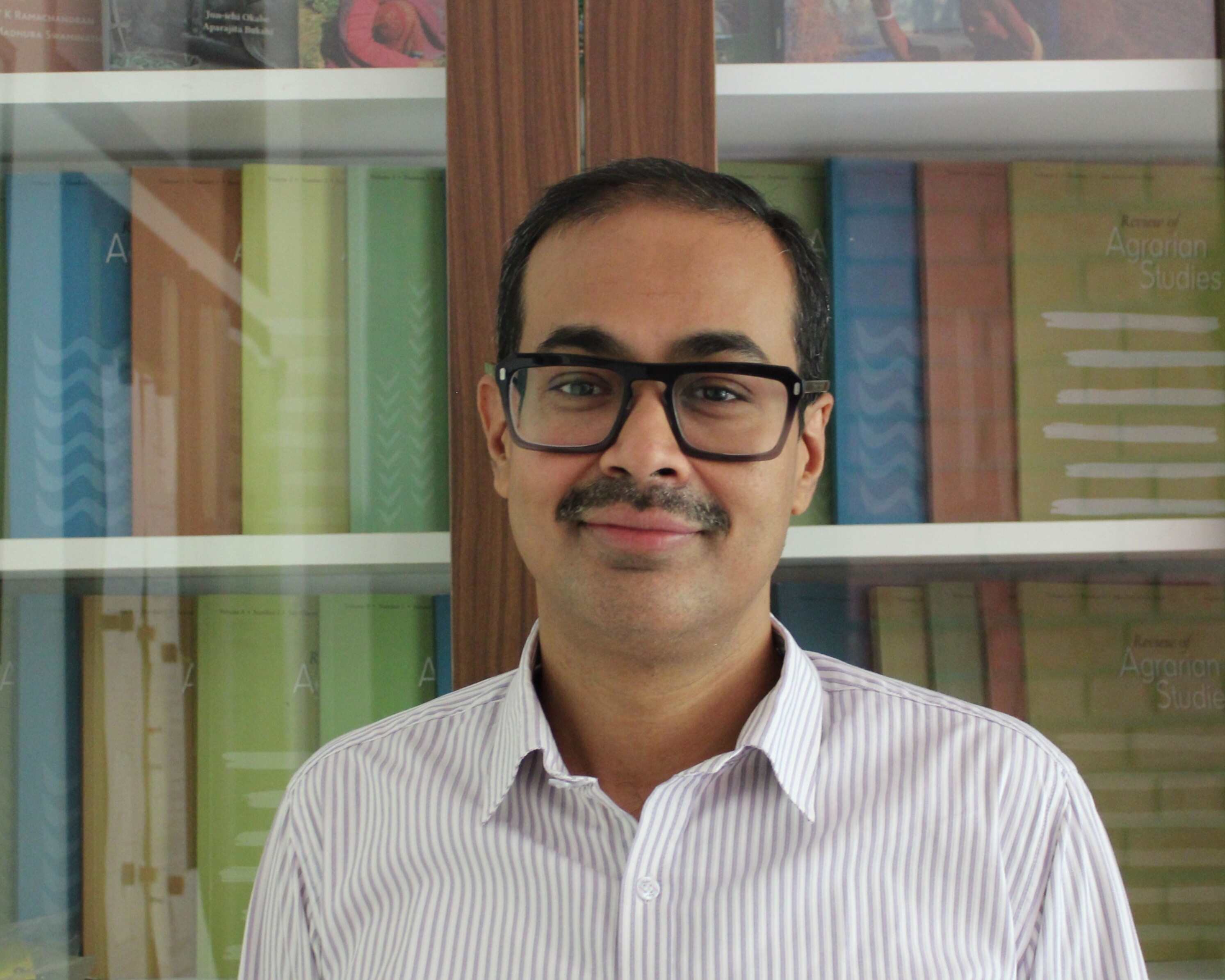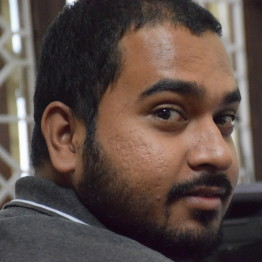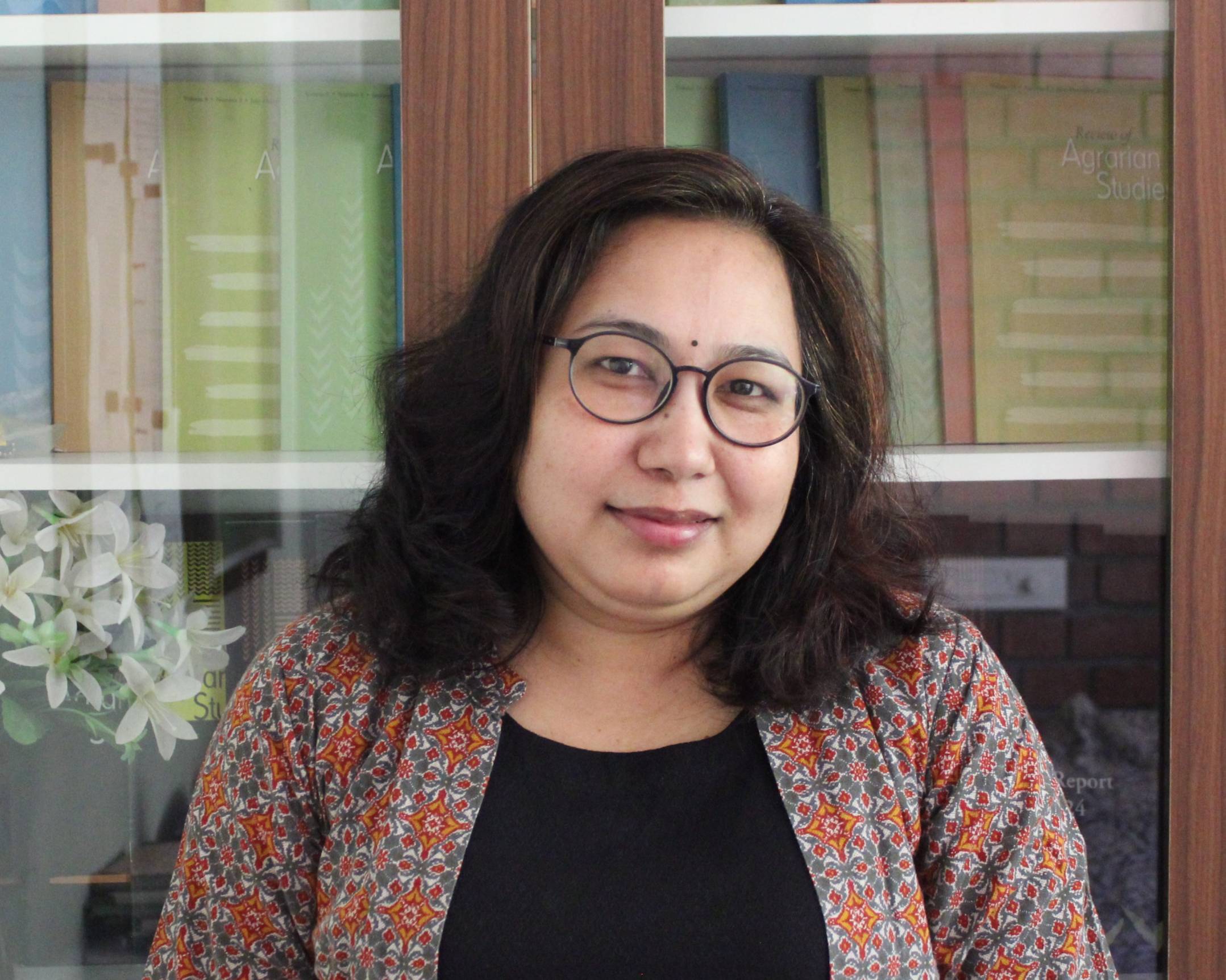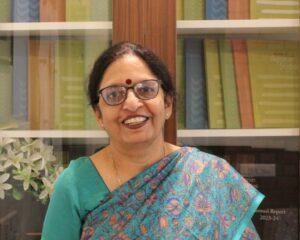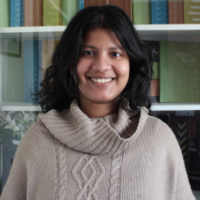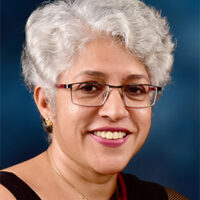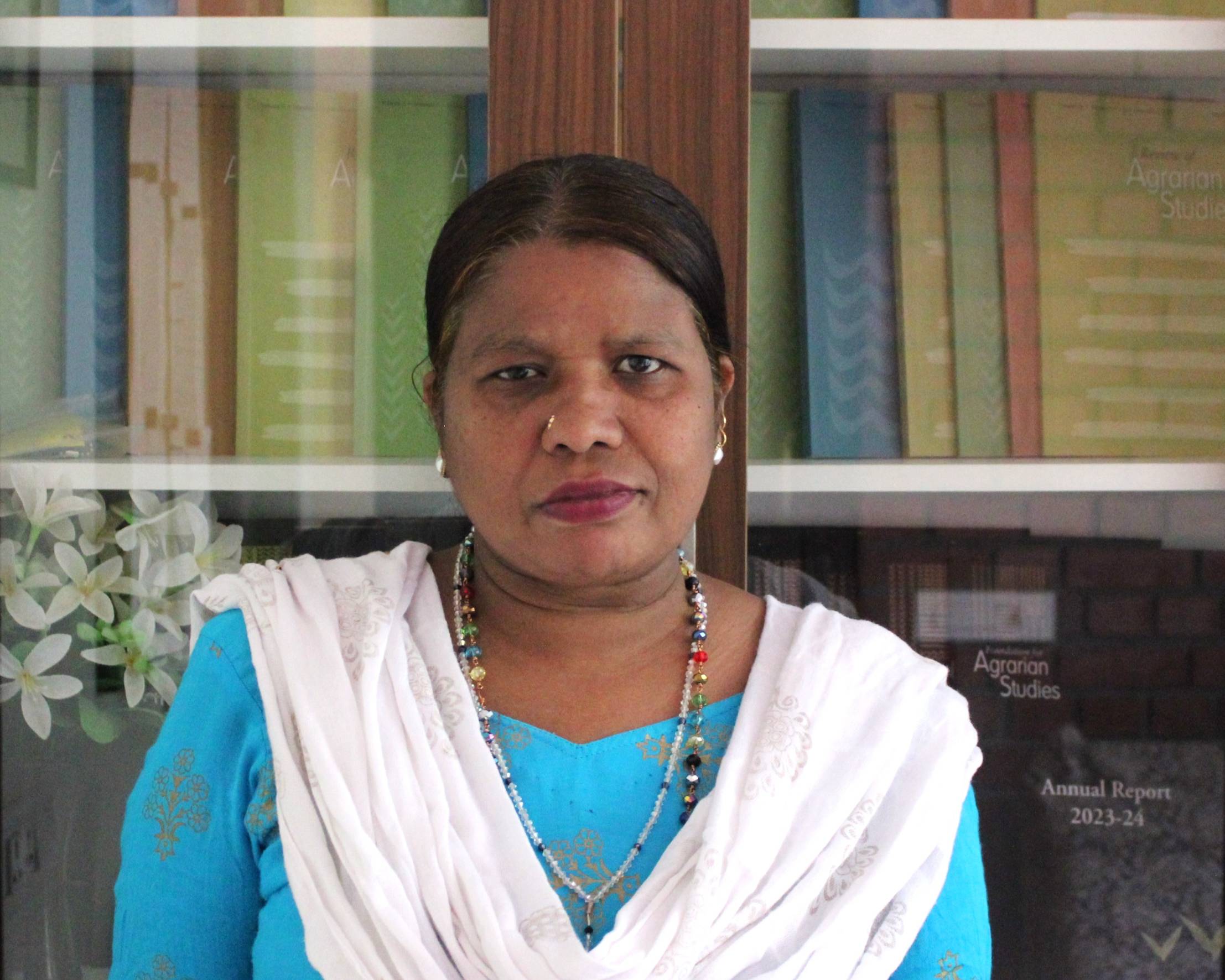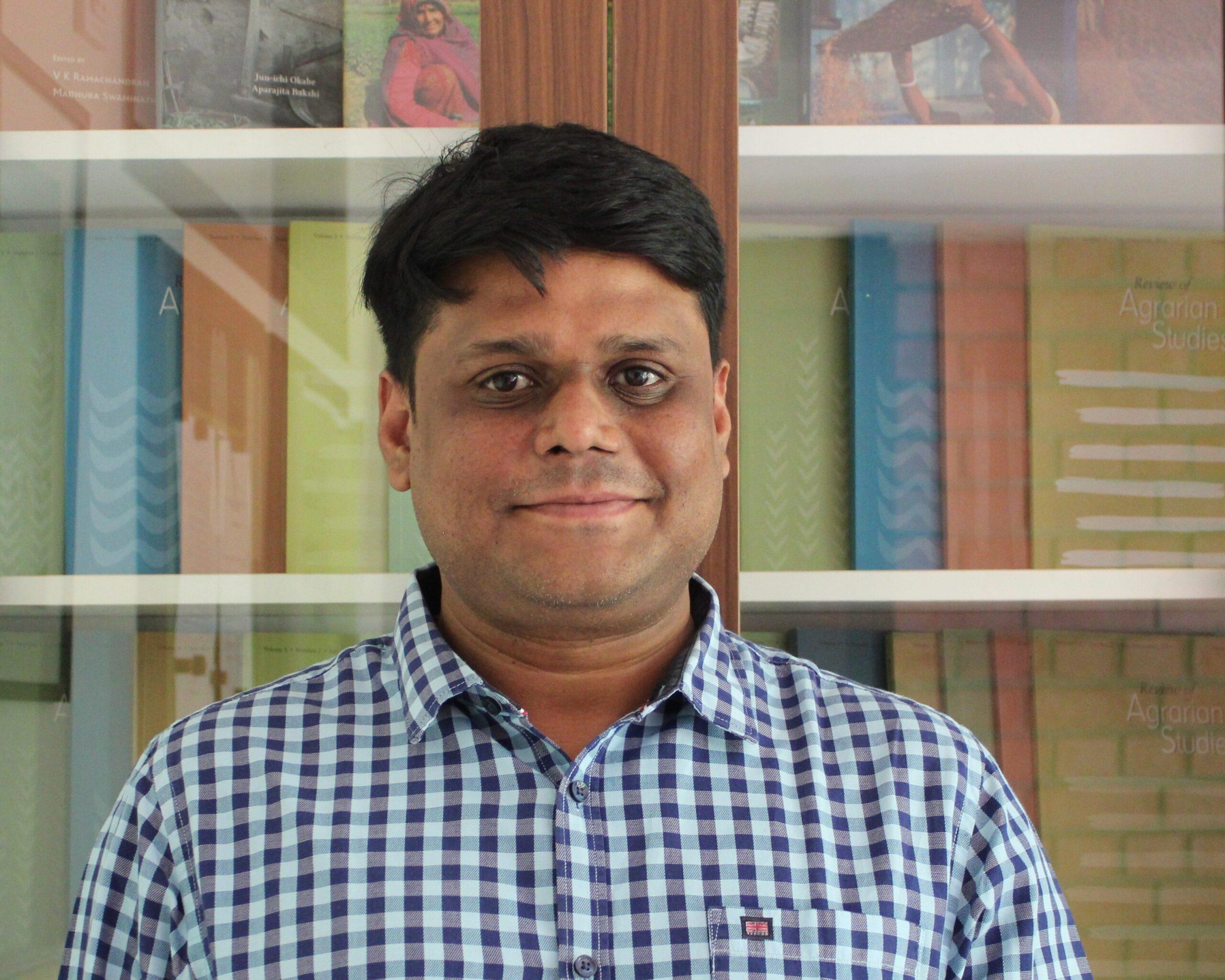Young Scholars’ Seminar 1: Energy Use in Agriculture
The first session of the FAS Young Scholars’ Online Seminar Series featuring Juhi Chatterjee, PhD scholar at the School of Habitat Studies, Tata Institute of Social Sciences, Mumbai, was held on April 28, 2022. Barbara Harriss-White, Emeritus Professor of Development Studies, University of Oxford, Chaired the session which was attended by many researchers from across the country.
Juhi’s presentation focused on the estimation of direct and indirect energy use and consumption of various inputs for different crops by the agricultural sector using input-output analysis.
There is a general assumption that the abatement of emissions is easier in agricultural sector compared to other sectors of the economy. As a result, a lot of pressure is being exerted on the Agriculture, Forestry and Other Land Use (AFOLU) sector to reduce emissions.
Juhi examined this claim and tried to provide a ‘realistic estimate’ of the reduction of emissions possible in agriculture on the basis of an economy-wide input-output analysis.
The input-output analysis used in Juhi’s study assesses the present and future inter-dependence of the agricultural sector on the following five energy sectors: coal and lignite, crude oil, natural gas, petroleum and electricity. The analysis’s results showed that the magnitude of direct energy use (energy used for irrigation and the like) in agriculture is low in comparison to the indirect energy use (energy used in the process of manufacturing fertilisers, and so on).
Later, Anjali Sharma, Wellcome Postdoctoral Fellow 2020-21 and a visiting faculty at the Azim Premji University, Bengaluru, discussed the themes and relevance of Juhi’s study. Drawing on the presentation, she said that in a scenario where the majority of energy use in agriculture is indirect, asking the sector to reduce emissions would not only be ineffective, but would prove a counter-productive policy. Stressing the small and marginal farmers’ direct energy usage and their inability to change the way their farm inputs are produced, Anjali said that the focus should rather be on how the industrial processes of farm input production can be decarbonised.
Appreciating the study and its finding that direct energy usage in agriculture is so small compared to the indirect usage, the Chair, Barbara Harriss-White, offered her comments.
A Q&A session, moderated by the Chair, followed.
For more details, contact us at events@fas.org.in.




